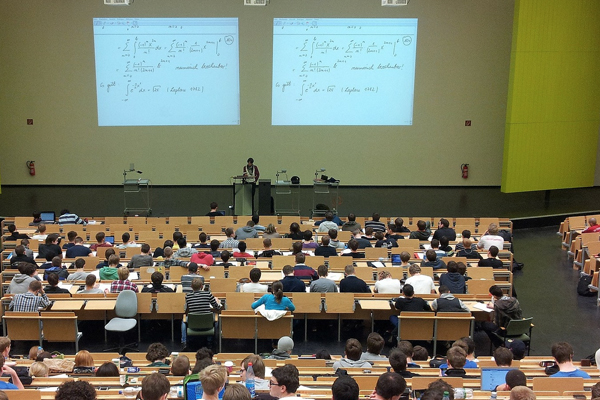A new report from the National Academies of Sciences, Engineering and Medicine (NASEM) in the US, has revealed that mentoring can improve diversity and inclusion (D&I) in the fields of STEMM (science, technology, engineering, mathematics and medicine).
The study findings demonstrate that effective mentoring relationships have an overall ‘positive effect’ on academic achievement, retention and degree attainment, as well as on career success and satisfaction. Mentored students pursue graduate study more frequently than students without mentoring support, and are more likely to stay in STEMM. It also increases access, equity and inclusion in those fields, the report reveals.
According to NASEM, studies have also shown that effective mentorship for students from underrepresented groups enhances their recruitment and retention in research-related career paths. Yet, despite its importance, mentorship rarely receives the focused attention, evaluation and recognition given to other aspects of professional development, such as teaching and research.
MENTORSHIP GAP
With few exceptions, the nation’s academic institutions have largely left mentorship to happen organically or on an ‘ad hoc’ basis, NASEM points out, ‘with STEMM students from underrepresented groups typically receiving less mentorship than their peers in well-represented groups’.
“There is a gap between what we know about effective mentoring and how it is practiced in our nation’s colleges and universities,” stated Angela Byars-Winston, report author and Professor of Medicine at the University of Wisconsin, Madison. “A growing body of evidence exists about how to create and sustain successful, inclusive mentoring relationships. We hope that our report can catalyse institutions’ use of that evidence to create affirming environments and more effectively foster the talents of all of their students.”

Photo credit: Nikolay Georgiev from Pixabay
ONLINE SUPPORT
The report advises US colleges and universities to take a more ‘intentional, inclusive, and evidence-based approach’ to mentoring students in STEMM, to help retain a broader group of students in these fields.
To better support and mentor students in STEMM, NASEM has also launched an online guide for institutions, departments and faculty members, alongside this report.
Click here to access the online guide and resources.








































